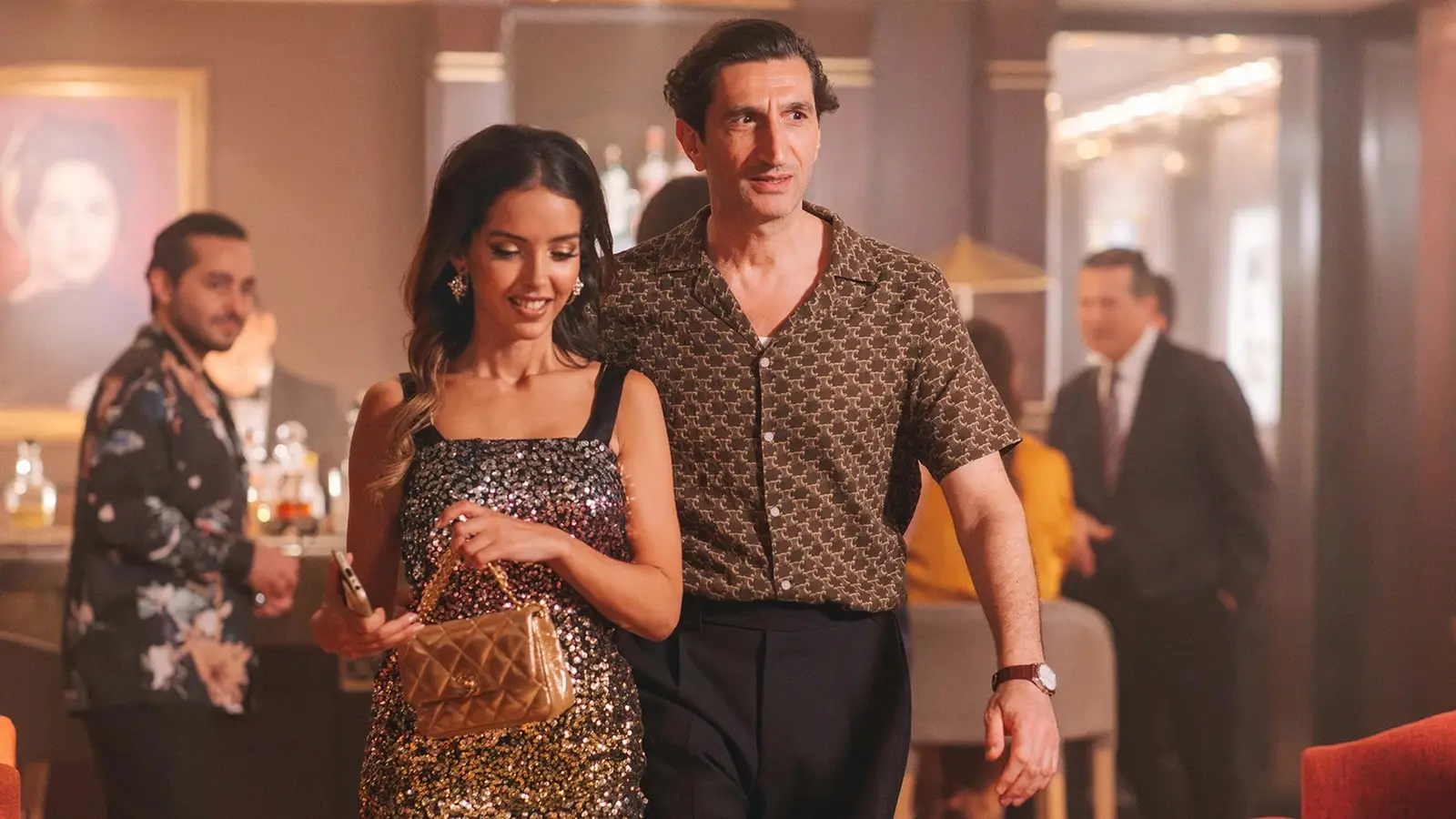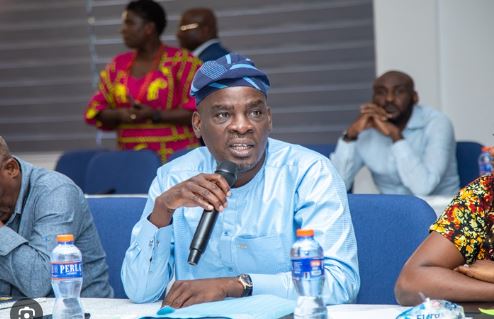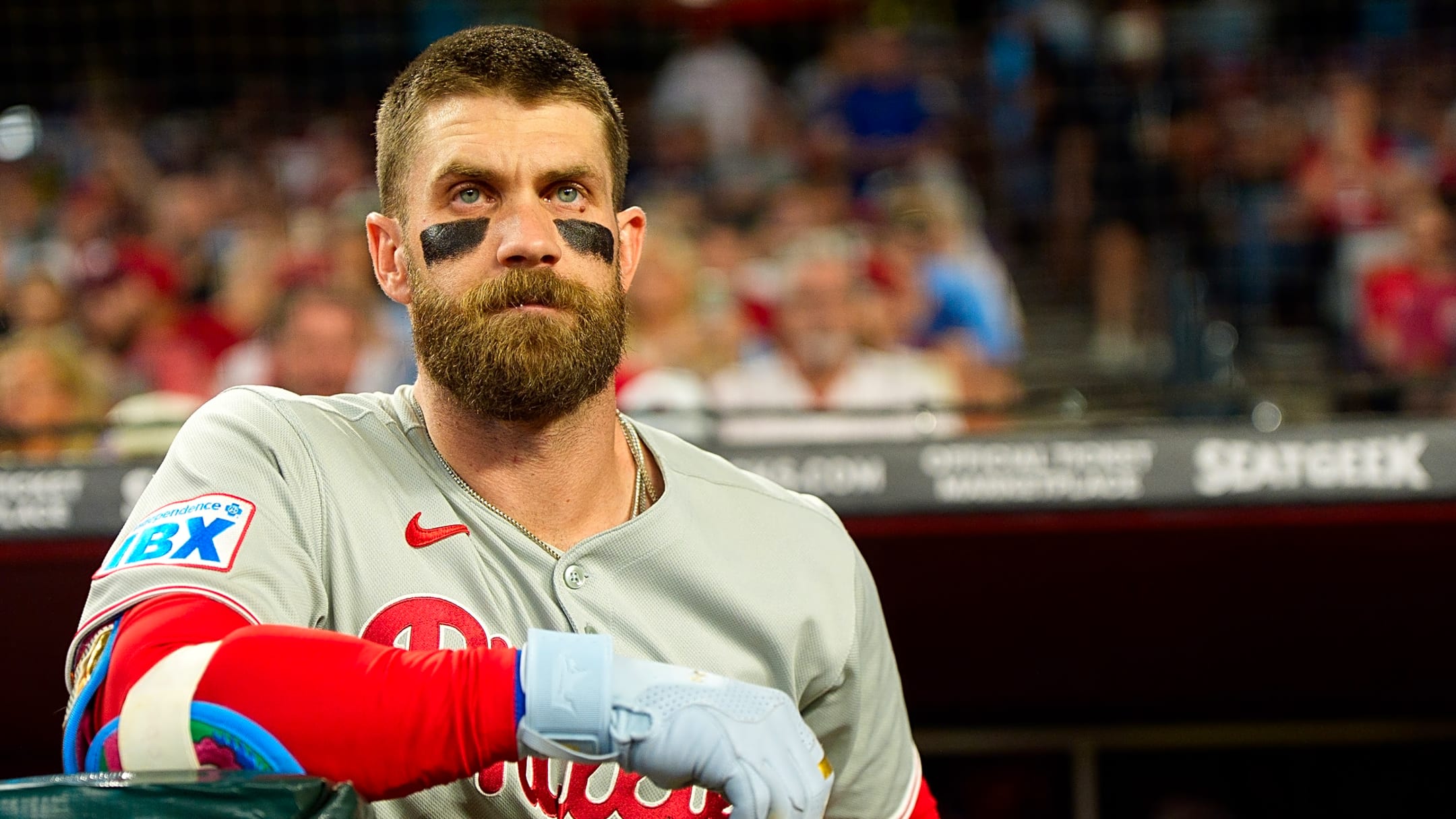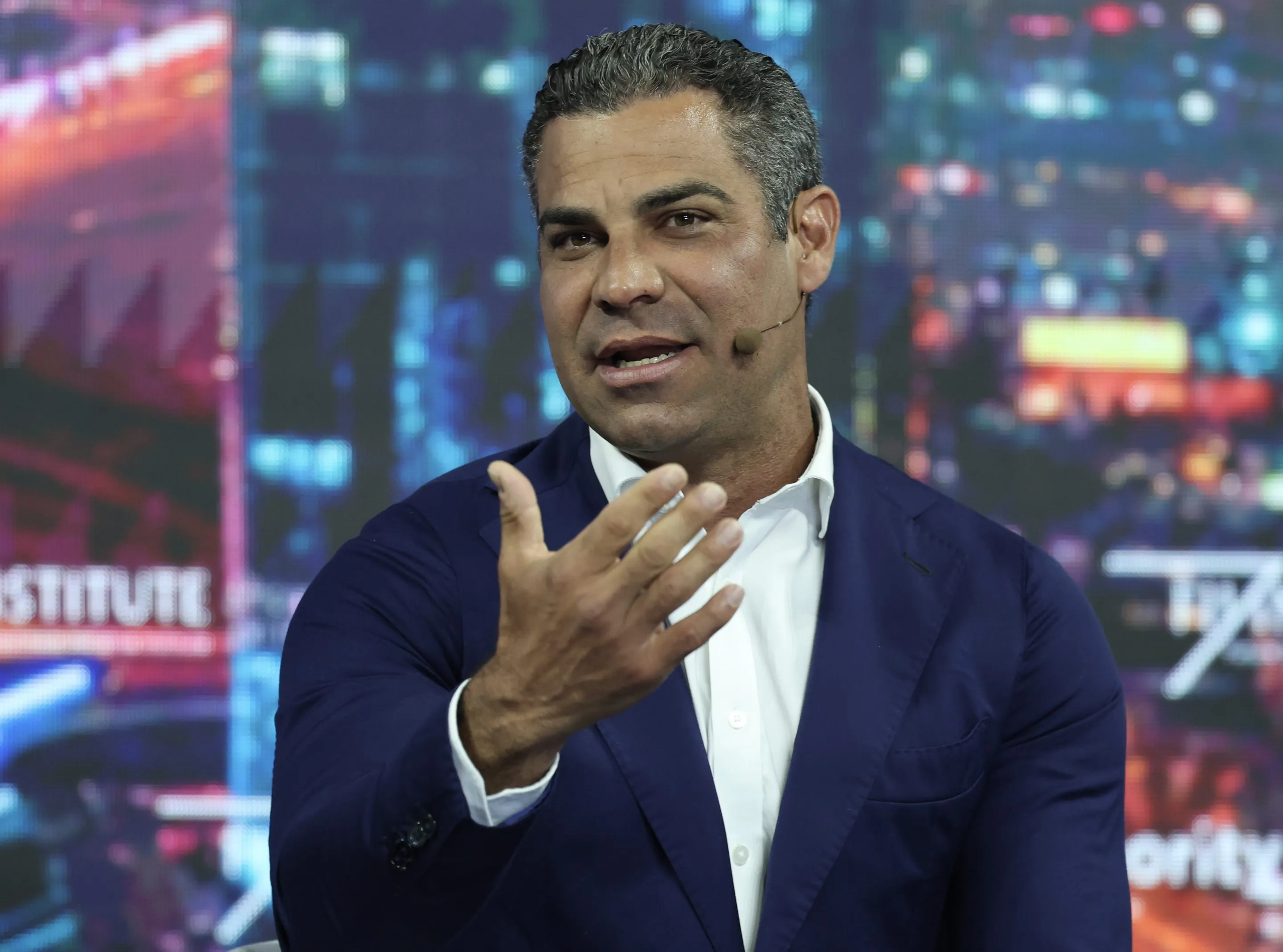Copyright Screen Rant

Films about making transgressive art within totalitarian regimes are a dime a dozen, but not as common are those about making art for a totalitarian regime. Eagles of the Republic, which concludes Swedish director Tarik Saleh's loosely connected Cairo Trilogy, is a brash, darkly comedic thriller about just that: considering the false hope of artistic freedom when freedom is a mirage. For George Fahmy (Fares Fares), freedom is, ironically, more slippery the more fame he acquires. A national treasure (he has been dubbed "The Pharaoh of the Screen" by his adoring fans), Fahmy seems largely unbothered by Egyptian President El-Sisi's unchecked dictatorship. That is, until his career and his son, Ramy (Suhaib Neshwan), are threatened by secret police. Their goal is simple: to get the larger-than-life celebrity to accept a role in a nakedly propagandist biopic of El-Sisi's rise to power. Eagles Of The Republic (Mostly) Succeeds In Bleakly Funny Portrayal Of State Power Since the Egyptian President's overthrow of democratically elected Mohamed Morsi in 2013, El-Sisi has abused his control of military and security services to maintain power. Almost every subsequent election since he claimed the presidency has gone mostly uncontested due to naked coercion, and subservience to the regime is assumed. For most of Saleh's film, this reality is background noise to Fahmy's blissful time in the spotlight. He cavorts with his much-younger girlfriend Donya (Lyna Khoudri) and is beloved by all. At first, Fahmy's capitulation to pressure reads like selling out. His son is especially critical of him for working with the very people he despises. And Saleh emphasizes the bleak comedy of the situation by highlighting El-Sisi's reportedly fragile ego; though the dictator is barely five feet tall and Fahmy is over six, the governmental office insists that the actor not wear any makeup that would accentuate his obvious baldness or stomach paunch. But, as the film continues into darker territory when the realities of this world become more present, Fahmy's decision to answer the call to "serve his country" seems more and more inevitable. His fame is a prison in a society that consistently makes people disappear (his contract for the propaganda film includes a note, forged in his handwriting, explaining his decision to commit suicide). A committed artist, Fahmy still tries hard to make the film passably good, but his efforts to inject a dose of realism into the proceedings are persistently kneecapped by the shadowy Dr. Manssour (Amr Waked), who has, seemingly, tapped Fahmy's apartment. Much of the film's tonal shifts don't entirely work, and it's overlong and overcooked. There are large swaths of the runtime that drag incessantly, repetitious as they are in communicating just how scary it must be in this environment. Side characters, like Fahmy's former scene partner Rula (Cherien Dabis), are not served particularly well by the film's meandering plotting. Fahmy's eventual affair with Suzanne (Zineb Triki), the wife of the Minister of Defense, is not given the weight it deserves. At its best, Eagles of The Republic is a powerful reminder that no one escapes political participation. There may be no easy way out for Fahmy once he reaches this plateau, but he is only in this position in the first place because of a career spent, ironically, hiding in the margins of social participation. The film would've been better served had it stuck to either satire or tense drama, but whatever the case, the climax of Saleh's film is aces and as taut as can be. It is tempting to call the film cynical considering the black pit of despair it inevitably puts Fahmy in, but Saleh cogently makes an argument for leaning into friends, family, and community instead of seeking help from the highest levers of power. There is no appealing to the state, certainly not one as ruthless as this, even if you're such a popular actor that the man beating you down admires you so much he wants you to play him.



